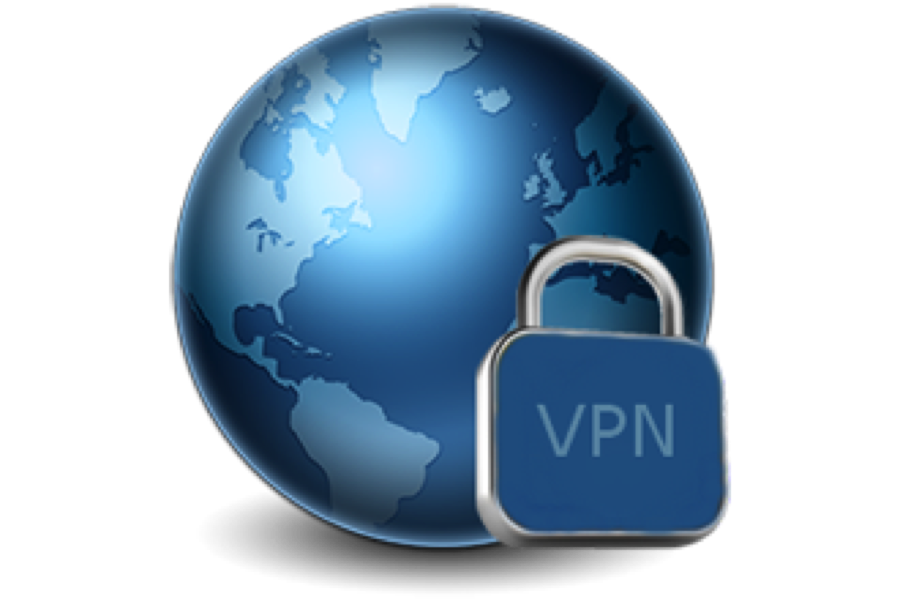Internet In this digital age which relies heavily online for entertainment, communication and even for essential services, protecting our online security is never more crucial. With cyber security threats increasing it is essential to take proactive steps to protect our personal data and sensitive information. Here, I’ll discuss five strategies to increase security on the internet, while making sure your online activities are safe and safe.
The importance of Internet Security
Before diving into the methods to increase security of the internet it is important to understand the importance of it, particularly with regard to increasing communications developments. As our reliance on telecoms expands as does the need for secure measures to guard the massive amounts of data that are transmitted via these networks. From delicate financial transactions to private conversations, online interactions generate digital fingerprints, which could be used by cybercriminals if they are not properly secured.
1. Make sure you are using strong passwords.
One of the easiest and most effective ways to improve security on the internet is to use secure, unique passwords for each account online. Passwords that are weak can be an open invitation for hackers, making it simple to allow unauthorised account access. More telecom firms are promoting the use of complicated passwords composed of a mix of numbers, letters and symbols in order to enhance security.
- Make complex passwords Avoid utilizing easily-guessable passwords such as “123456” as well as “password.” Instead, choose longer passwords that contain the use of lower and uppercase numbers, letters and other special characters.
- Utilize Password Managers: Think about the use of a reliable password manager to create and secure passwords for complex ones. These tools do not just aid to create strong passwords, but also provide that they are accessible on various devices.
2. Enable Two-Factor Authentication (2FA)
Two-factor authentication adds an additional level of protection for your accounts online, by requiring an additional type of authentication, as well as your password. It could be a unique code that is sent to your mobile device, or generated by an authentication application. With increasing numbers of telecom companies including 2FA in their services, users will be able to benefit from greater protection from unauthorized access.
- Make sure to activate 2FA whenever possible When a website or service allows two-factor authentication, make sure to activate it. This reduces the possibility of access being unauthorized in the event that your password has been compromised.
- Use authenticator apps Instead of relying exclusively on SMS-based 2FA systems, consider using authenticator applications like Google Authenticator or Authy for extra security. These apps generate time-sensitive code which are more resistant to attacks from phishing.
3. Make sure that your devices and software are up to date
Software vulnerabilities are the most common way for cyberattacks to gain access that is why maintaining your OS, apps and devices up-to-date is essential. More telecom companies issue patches and updates to fix security vulnerabilities and boost overall performance.
- Allow Automatic Updates: The majority of Operating systems as well as software programs allow users to turn on automatic updates. Make use of this option to ensure that your devices are protected by the most current security patches.
- Always check for updates In addition to the periodic checks for updates that are pending manually. This helps ensure that you don’t miss crucial updates that could leave your system open to cyber attacks.
4. Make use of Secure Networks as well as VPNs
The connection to the network you are connected to can affect your online security in a significant way. Wireless networks for public use for instance are well-known for their security flaws and are therefore prime targets for hackers. With safe networks, VPNs will help you reduce the chance of data theft and unauthorized access. intercept.
- Avoid public Wi-Fi for sensitive activities: Don’t access sensitive data, like online banking, shopping or other transactions even when connected to public WiFi networks. Instead, connect to the mobile connection on your phone or use a reliable VPN service for extra security.
- Use VPN Services: VPNs encrypt your internet connection, making it impossible for hackers to access your information. Choose a trusted VPN supplier and turn on it every time you connect to networks that are not secure.
5. Learn About the Most Common threats
It’s all about knowledge when it comes to online security. If you are aware of the most common cyber threats and the most effective ways to protect yourself online, you can be more alert and proactive about protecting your online assets. With increasing technology in telecom technological advancements hackers are constantly changing their strategies, making the need for awareness and vigilance even more important than ever before.
- Stay Up-to-date: Stay up-to-date with most recent cybersecurity developments and news to keep ahead of any potential threats. Check out reputable security sources and blogs to gain valuable information and information.
- Be Safe on the Internet be cautious when clicking on URLs or downloading attachments downloaded that come from untrusted sources. Phishing attacks are common and can entice even the most cautious users into divulging sensitive data.
The most important takeaways
- Strong passwords and 2FA Implementing secure passwords as well as enabling 2-factor authentication provides an additional layer of security for the accounts you use online.
- Regular updates and secure Networks Keep your computer and software current and using VPNs and secure networks can help to reduce the chance of cyber-attacks.
- Continuous Education: Keep yourself updated on the latest cyber threats and the best methods to stay safe online and improve your security on the internet.
To conclude, increasing the security of your internet is an ongoing process that requires vigilance and a keen awareness of the potential dangers. If you implement these five steps and keep up-to-date with the latest security issues, you can more effectively defend yourself from criminals and have a more secure browsing experience.
